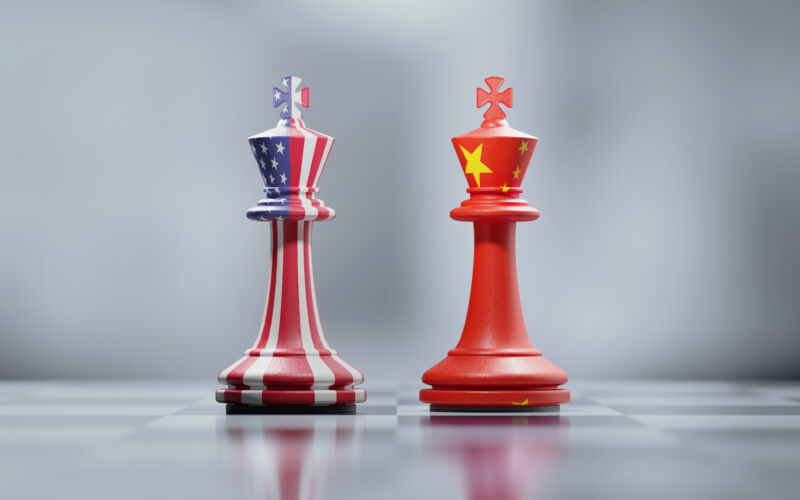Report: China increasingly uses merger reviews to make demands of US companies

China’s antitrust regulator “is holding back its required green light for mergers that involve American companies as a technology war with Washington intensifies,” according to a Wall Street Journal report today. China’s State Administration for Market Regulation (SAMR) has asked companies seeking merger approvals to “make available in China products they sell in other countries—an attempt to counter the US’s increased export controls targeting China,” the report said.
“Chinese regulators recently have slowed down their merger reviews of a number of proposed acquisitions by US companies, including Intel Corp.’s $5.2 billion takeover of Israel-based Tower Semiconductor Ltd. and chip maker MaxLinear Inc.’s $3.8 billion purchase of Silicon Motion Technology of Taiwan, according to people close to the process,” the WSJ wrote.
Microsoft’s $68.7 billion purchase of Activision Blizzard is “subject to Beijing’s lengthy merger scrutiny” because China last year “declined the companies’ request to file the deal under a simplified and expedited procedure,” the WSJ report said. The Microsoft/Activision deal also faces antitrust scrutiny in the UK and EU.
“We respect the thorough process of Chinese regulators in reviewing our deal,” Activision told the WSJ.
Broadcom’s $61 billion deal to buy VMware, announced in May 2022, is still waiting for a Chinese review. “Both companies in February extended the deadline to complete the deal until May 26, with further extensions likely,” the WSJ wrote. The companies now say they hope to complete the merger by the end of October.
China didn’t always have a robust merger-review system but has “consolidated all antitrust matters under SAMR and built up its staff,” the WSJ noted. “While Chinese regulators rarely reject transactions outright, they have resorted to delaying and withholding approvals until their demands—often focused on benefiting Chinese companies at the expense of their foreign competitors—are met.”
Merger review a “subtle” alternative to company ban
Chinese demands for access to certain products “could put US companies in an impossible position as Washington has enacted legislation restricting American companies’ ability to sell to China and expanding certain types of production there,” the WSJ report said.
Companies that operate internationally and want to complete a merger often need approval from authorities in multiple countries. “For multinationals, it doesn’t take much for a merger to trigger a Chinese antitrust review. For instance, if two companies in a deal have revenue of more than $117 million a year from China, the merger needs Beijing to sign off,” the WSJ noted.
The WSJ also notes that Chinese officials are said to “see merger reviews as a relatively subtle and low-cost way to pressure foreign companies and by extension, their governments.” The strategy is an alternative to banning foreign companies from selling in China, though China has blocked sales in some circumstances.
As Reuters reported in mid-February, China “put Lockheed Martin and a unit of Raytheon Technologies on an ‘unreliable entities list’ over arms sales to Taiwan, banning them from imports and exports related to China.” The Lockheed Martin and Raytheon bans were called “symbolic measures” by the White House because neither company sells defense products to China.
The US, citing concerns about China-based companies’ ties to the Chinese government and Chinese Communist Party, has added numerous Chinese firms to the Entity List that greatly restricts access to American products and components. Targets include Chinese supercomputing companies, Huawei, ZTE, drone-maker DJI, chipmaker SMIC, memory chipmaker YMTC, and various others.
Another new US rule is that chipmakers must agree not to expand capacity in China for a decade if they receive money from a $39 billion federal fund. Internet service providers that receive Universal Service subsidies are banned from using Huawei and ZTE telecom gear in federally funded broadband projects.
And of course, there is ongoing debate in Washington about whether to ban TikTok, which is already not allowed on government devices. China already blocks online access to large web platforms such as YouTube and Wikipedia.
https://arstechnica.com/?p=1929048